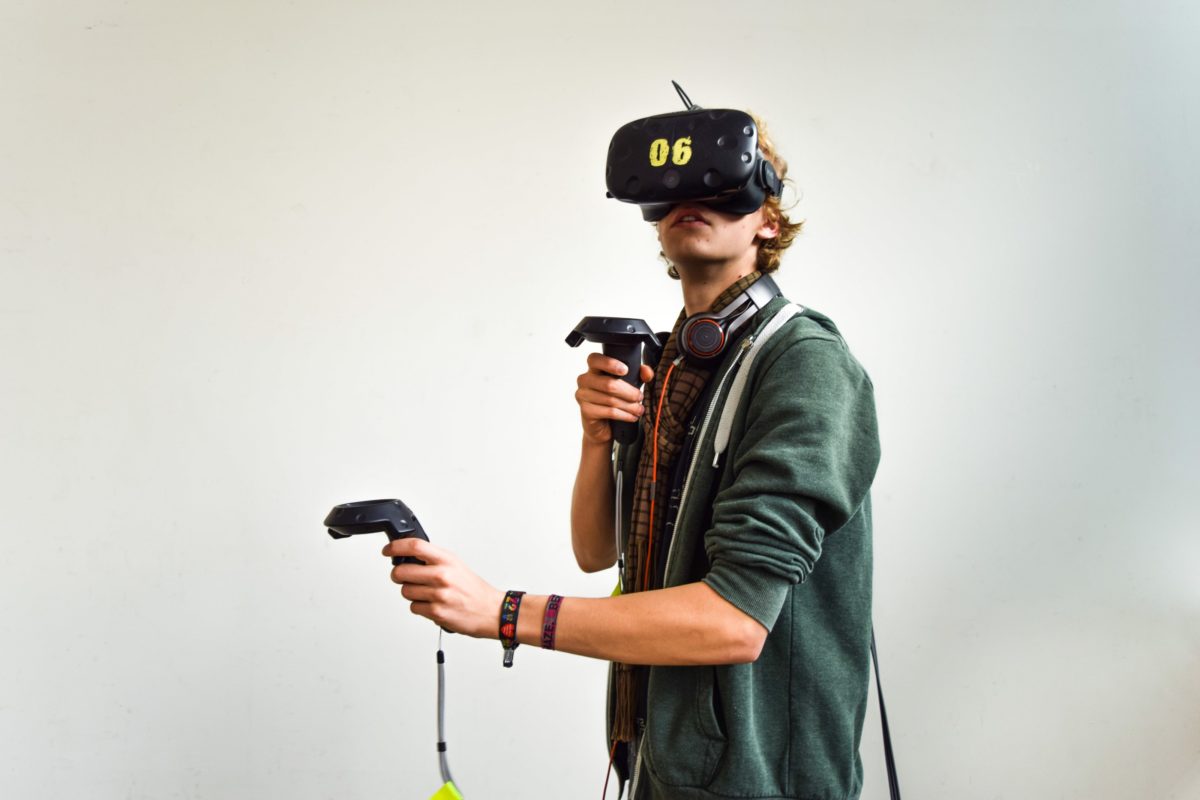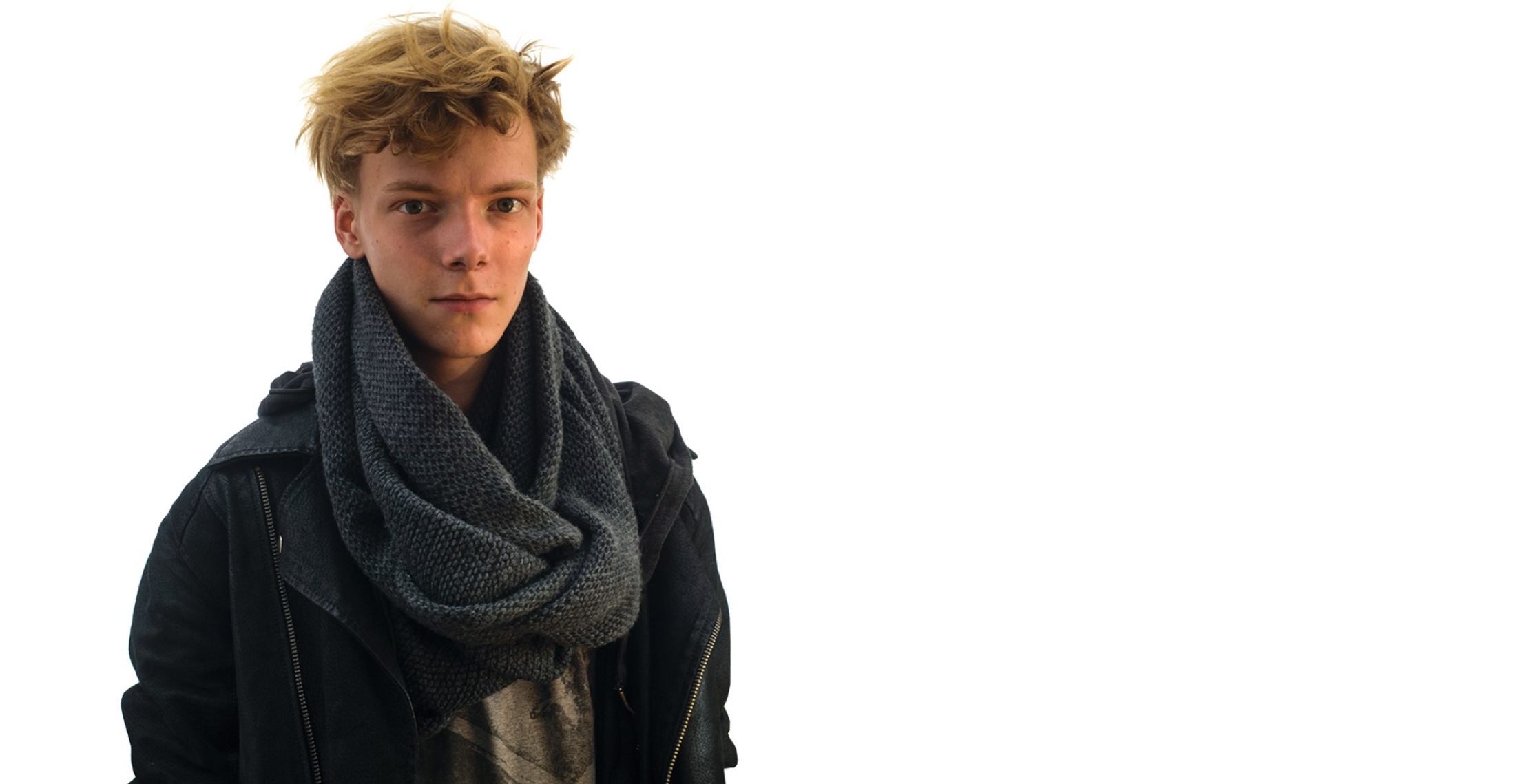
The art of game design
Time to time, our team is strengthened with fresh minds: interns! May it is for a shorter period like a couple of weeks or for a whole semester to fulfill educational requirements, ScienceAtHome is the place to be! After our summer interns, Peter and Tais, Morten Newe joined us from HTW Berlin, Germany (University of Applied Sciences). He is studying game design and came to us to challenge himself in a foreign country and test his skills at a real company.
Could you tell a bit about yourself and your interest in games?
Morten: “I was enthusiastic about games, especially video games. After high school, I had to choose a study line and I picked game design at HTW Berlin. The education includes both visual design and the programming of games. From the perspective of my studies, my opinion about games has changed a lot. Some of them seem to be less interesting than I thought they would be. While other games that didn’t really caught my attention in the past, seem a lot more appealing. Especially those which are pushing the boundaries of what games can do, not just sticking to the conventions.
I’m currently in my 6th semester—the internship semester. Afterwards, I have “only” a bachelor thesis left before I can call myself a graduated game designer."
How did you first hear about ScienceAtHome?
M: "I was searching online for game studios in Denmark. I wanted to have an adventure in a new country. Denmark seemed an ideal choice: not too far from Germany but still abroad. ScienceAtHome was one of the first companies I’ve found. The website caught my attention: the way it was presented and the company’s values. It looked very professional compared to some other small game companies. So, I’ve sent my application and I was happy to get an answer back very soon.
The profile of the company is really interesting: combining games with science. I’m not a science guy—had physics classes only until 10th grade. But still, I think it’s a great way of using games and give them more meaning than simple entertainment. I like the fact that it’s clearly communicated that all the games are science related—it explains and compensates the fact that some of them could use a bit more love on the artistic side. Beautifully designed games are cool but there is bigger and more meaningful goal here."
So, what was your project about?
M: "In the first month, I was involved in a game experiment about social behavior where dinosaurs are eating wheat from a pool. Then, I got started with Skill Lab which is a much larger project. I worked a lot with coding—at least a lot more than during my studies. I learned a from the fellow programmers while using Unity. Obviously, they are a lot more experienced than I am. The game engine was familiar to me from my education but I haven’t worked that much with it before. It was really helpful to read the already existing code and see what has been done and how. I also created some visuals, some shades for the new Skill Lab and different 3D models. The past few months were a great mix of programming and some visual design."

What did you learn here?
M: "Regarding hard skills, I would highlight programming and gaining practice with Unity. I’m sure I’ll benefit from this experience while working on my bachelor thesis. Before I wasn’t sure which game engine shall I choose for my bachelor project but now Unity became my program of expertise. On the soft skills, I learned a lot about working in a team and how to get projects structured. Also, how to work on a budget. Prioritizing features based on the value they bring in correlation with the working hours they require. If something takes too long, it might not worth the effort or a smarter solution must be found instead of keep pushing time into something fruitless."
How was your experience joining this diverse team?
M: "It’s a unique project, especially where the science meets game development. I have to admit that I’ve never fully get into the science part. There are regular Friday mornings where everyone participates and in a rotation, the different teams are presenting their current work. When it came to the experimental physicists, I understood only a part of that but it was still very interesting to get out from my regular developer point of view and broaden my vision by hearing how people completely unrelated to my field see certain things."
Morten is staying with us for a couple of more weeks before returning to Germany to complete his education. We thank him for all his effort and value he brought to us by joining our team! Good luck in the future and hopefully our ways are not parting for good!
